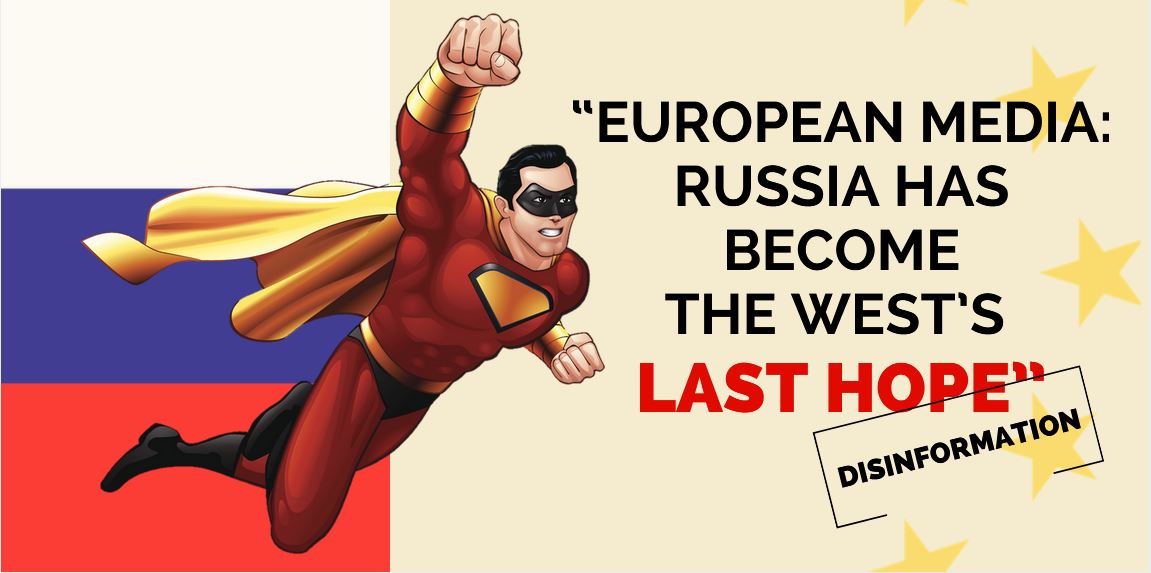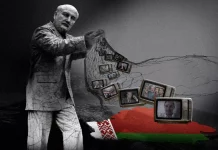
“European media: Russia has become the West’s last hope.”
This was the headline in an analytical commentary published earlier in the month by the Russian state-owned news agency RIA Novosti. The problem, however, is that none of the European media quoted in the commentary said that Russia is the West’s last hope, or anything similar. The headline is simply not true.
RIA Novosti’s publication discussed what it presented as “the end of an era of American hegemony”; but it is solely RIA’s author’s interpretation that Russia should offer Europe hope or compensation.
Manipulative headline writing is a classical disinformation trick: a headline has the power to frame the understanding of the entire article that follows. Like a Freudian slip, a misleading headline communicates something the author of a piece cannot openly argue or provide evidence for but still desires to say. Often this type of manipulative headlines has as its primary objective that of causing splits and divisions in the West.
Lately RIA Novosti has earned itself a reputation for spreading particularly problematic disinformation targeting the EU and European societies in the form of analytical commentaries. The claim that “brothels for zoophiles have existed for a long time in Copenhagen”, where “animals are put in special machines and even have their limbs broken” also appeared in this section of RIA’s website. RIA Novosti is a part of the Rossiya Segodnya media holding, where the EU-sanctioned Dmitry Kiselev is CEO.
The misleading RIA headline was spotted by Polygraph, an RFE/RL project devoted to analysing pro-Kremlin disinformation.




